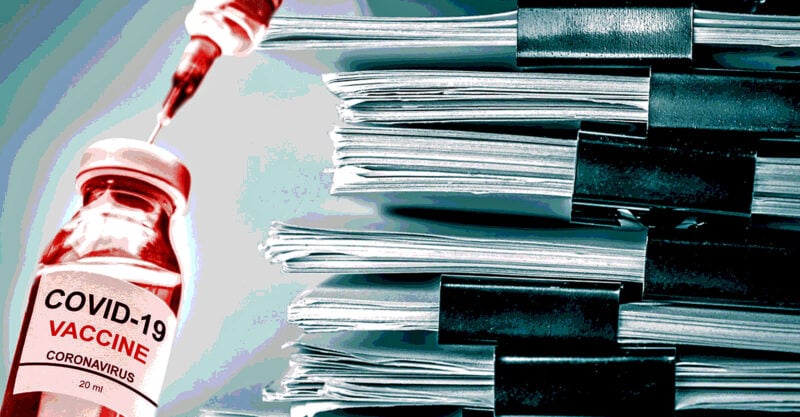Closed-Door Conference on COVID-19 Vaccine Adverse Events to Be Conducted by the National Academies of Science, Engineering, and Medicine (NASEM).
Recent instances prompted the National Academies of Science, Engineering, and Medicine (NASEM) to hold a conference that lasted for three days in order to examine the epidemiological, clinical, and biological evidence pertaining to adverse events that are related to COVID-19 vaccinations. The meeting was conducted in private, with the exception of a public discussion period that lasted for two hours. The committee will produce a report that will be used to add injuries to the federal vaccine injury table, which is a document that details the known adverse events that are related to current immunizations.
Why Should We Care About What the Committee Thinks?
While deciding whether or not to reimburse vaccine injury claims, the National Vaccine Injury Compensation Program (VICP) and the Countermeasures Injury Compensation Program (CICP) refer to this list. Despite the fact that the United States of America requested the assessment, its purpose is to remain objective. Sponsored in part by the Centers for Disease Control and Prevention (CDC), this program is administered by the Department of Health and Human Services (HHS) (CDC). The recent sessions that were held behind closed doors were an exception to the open-door policy that NASEM has always maintained.
What Did Members of the Public Have to Say?
During the time allotted for public comments, each person who stood up to speak had only three minutes at their disposal. One of the individuals who participated in the discussion was Brian Hooker, Ph.D., P.E., who serves as the chief scientific officer at Children’s Health Defense. Hooker exhibited pessimism regarding the likelihood that the committee will do anything more than “rubber-stamp” the COVID-19 vaccines’ claim that they are safe.
Hooker continued by expressing his worries over the manner in which the CDC handled adverse occurrences that were related to immunizations. He brought up the fact that the CDC found out in February 2021 that mRNA vaccinations were the cause of myocarditis in young and adolescent boys. He said this was an important discovery. The authorities at the CDC, on the other hand, covered up this information until more than three months later, when they made an unstated assumption that there could be a relationship between immunizations and myocarditis.
What Did Aaron Siri, a Lawyer Specializing in Vaccine Injuries Say?
During his statement to the committee, vaccine injury attorney Aaron Siri stated that previous NASEM findings had been “extremely important.” He went on to explain that the studies are utilized by the federal government to argue against any claim of compensation. During the time allotted for public comments, Siri made an impassioned plea to the committee, pleading with them to give due consideration to the statements provided by vaccination victims as they deliberated over what should be included in the report.
When Should We Anticipate Hearing From the Committee?
Kathleen Stratton, Ph.D., who was engaged in the Institute of Medicine study that was published in 2004 and hailed as “evidence” that vaccinations do not cause autism, is the chairperson of the committee. Documents that had been stolen revealed that Stratton had cooperated with the CDC to discredit the idea that there is any connection between vaccinations and autism.
At the committee’s first meeting, which took place in January and was broadcast live online, presentations were delivered by Reed Grimes, M.D., Ph.D., director of the division of injury compensation at the HRSA, and Dr. Tom Shimabukuro, deputy director of the Immunization Safety Office at the CDC. Both of these individuals serve on the committee. A literature evaluation on the administration of vaccinations and shoulder injuries is also being conducted by the committee at this time. It is anticipated that the findings will be published in March 2024.









